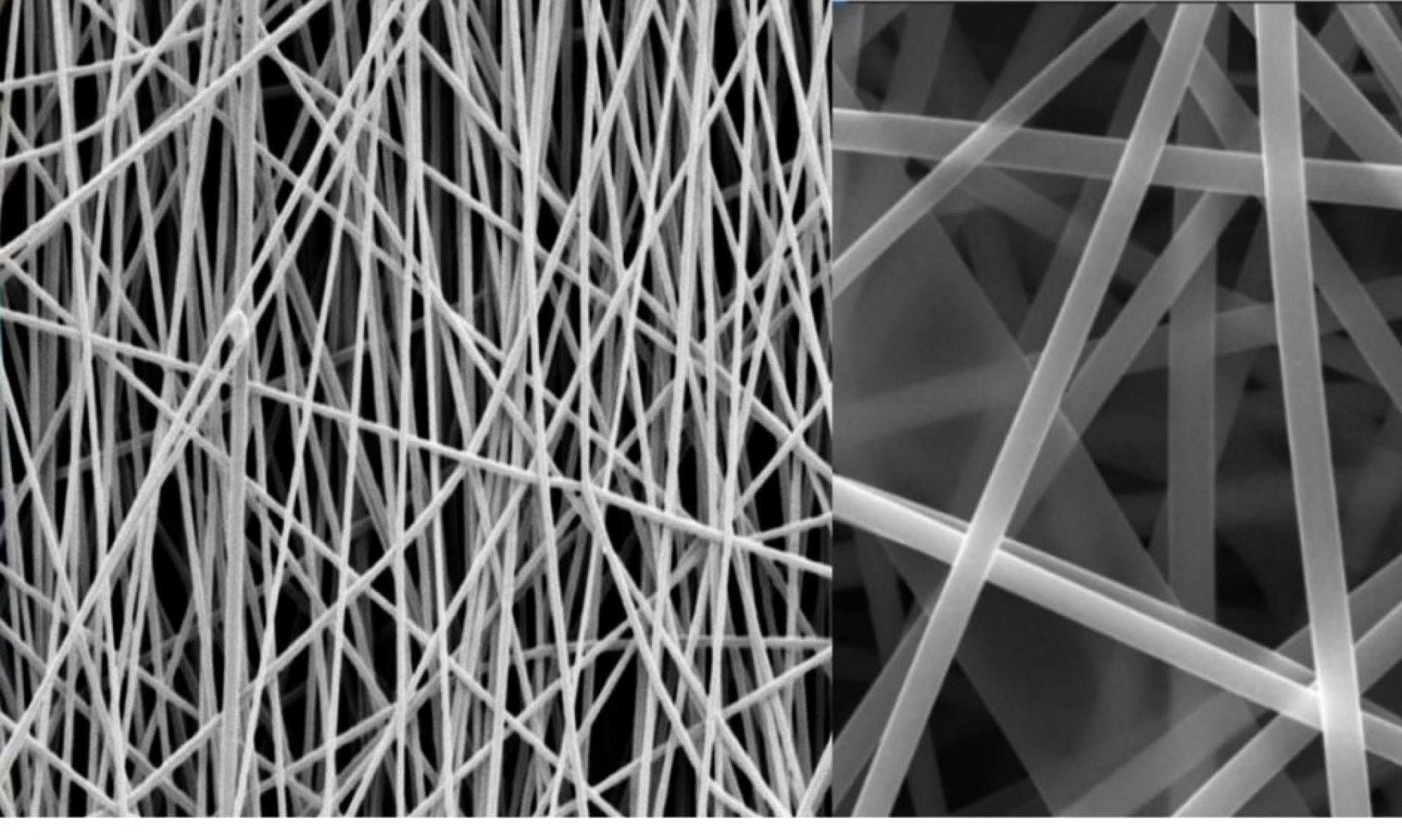Hydrogen is considered as one of the most sustainable and clean energy forms to satisfy our future energy demand. However, it does not exist in its molecular structure in nature. Hydrogen must be produced by input of energy beforehand, which makes it energetically and economically unfeasible in the past. With the development of renewable energy technologies, for instance, wind turbine, solar cell and etc., problems regarding energy input are relieved to some extent. But mass production of pure hydrogen remains to be difficult.
Water is the most abundant resource to produce hydrogen. One of the well-known methods is electrolysis. But in this scenario, the electrolysis efficiency hinders industrial production of hydrogen. Because either hydrogen evolution reaction (HER) or oxygen evolution reaction (OER) happens at their respective electrodes would be quite slow without the catalyst which significantly lowers the activation energy of the reaction. Nevertheless, the state-of-art catalysts (Pt for cathode and Ir-Ru for anode) are scarce and expensive. Therefore, a low-cost, durable and efficient electrocatalyst would be crucial to the electrolysis of water. When hydrogen is produced, fuel cell can be used to make the best of its chemical energy. Similar to water electrolysis, efficiency, or more specifically, catalyst, still requires exploration in this reverse process. In terms of the electrocatalytic reactions of water splitting and hydrogen combustion, oxygen evolution reaction (OER) and oxygen reduction reaction (ORR) are predominant as the evolution or reduction of oxygen will need more activation energy than that of hydrogen.
Therefore, my project will focus on the synthesize and characterization of electrocatalyst of OER and ORR. I will endeavour to fabricate a bifunctional electrocatalyst that could match or surpass the performance of noble-metal catalyst within 4 years.


